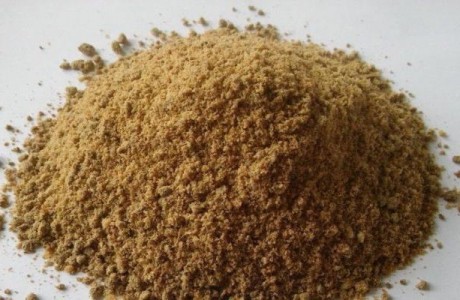The Ministry of Agriculture of Russia can impose restrictions on the import from Europe of meat recyclables, including meat-and-bone meal. This was learned by Kommersant from several sources who participated in meetings held in mid-May under the leadership of the Director of the Department for Regulation of the Markets of the Agroindustrial Complex Vladimir Volik.
According to the Russian authorities, it is necessary to stimulate own production of recyclable materials. At the same time, some market participants fear that such measures have led to a shortage in the pet food market, in the preparation of which meat-and-bone meal is used. So, according to one of the interlocutors of Kommersant, Europe is now the main supplier of meat products for Russian producers. The volume of production of domestic raw materials is not enough, in addition, its quality is lower than imported analogues. If the supply is banned from Europe, the inflow of investments may decrease, production may be reduced, and some of the existing capacities may be closed.
According to Rosstat, in 2016 Russia produced 366,400 tons of meat-and-bone meal (an increase of 12% compared to 2015). Imported during this period about 90 thousand tons. The President of the Meat Council of the Single Economic Space Mushegh Mamikonyan supports the idea of banning the supply of this product from Europe, explaining this, in particular, to unresolved issues of veterinary security. At the same time he said that the Russian meat and bone meal is not inferior in quality to the European one: they are produced practically on the same equipment. The prohibition is also supported by the head of the National Union of Pig breeders Yuri Kovalev.
According to one of Kommersant's interlocutors, the Ministry of Agriculture of Russia believes that supplies from Europe can be replaced by raw materials from Brazil, Chile and New Zealand. However, this takes time, and increasing the distance to suppliers will lead to an increase in the cost of finished products. Also, imports of ready-made feeds may increase - this will also affect prices.
In 2016, Russia produced about 602,300 tons of pet food, an increase of 5.7 thousand tons compared to last year's figures (data from Euromonitor International). The feed market grew by 13.3% and exceeded 152 billion rubles. Market leaders are Mars (53%) with brands Pedigree, Whiskas, Royal Canin, Kitekat, Chappi and Nestle (19.8%) with Purina, Felix.
Source: Sphere Publishing House.


